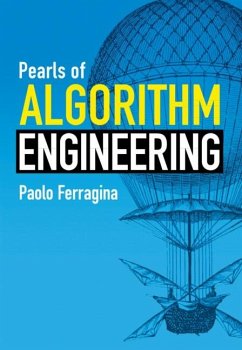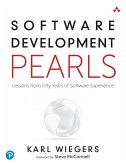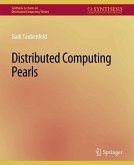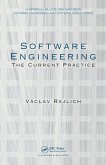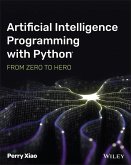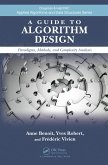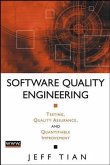There are many textbooks on algorithms focusing on big-O notation and basic design principles. This book offers a unique approach to taking the design and analyses to the level of predictable practical efficiency, discussing core and classic algorithmic problems that arise in the development of big data applications, and presenting elegant solutions of increasing sophistication and efficiency. Solutions are analyzed within the classic RAM model, and the more practically significant external-memory model that allows one to perform I/O-complexity evaluations. Chapters cover various data types, including integers, strings, trees, and graphs, algorithmic tools such as sampling, sorting, data compression, and searching in dictionaries and texts, and lastly, recent developments regarding compressed data structures. Algorithmic solutions are accompanied by detailed pseudocode and many running examples, thus enriching the toolboxes of students, researchers, and professionals interested in effective and efficient processing of big data.
Dieser Download kann aus rechtlichen Gründen nur mit Rechnungsadresse in A, B, BG, CY, CZ, D, DK, EW, E, FIN, F, GR, HR, H, IRL, I, LT, L, LR, M, NL, PL, P, R, S, SLO, SK ausgeliefert werden.

